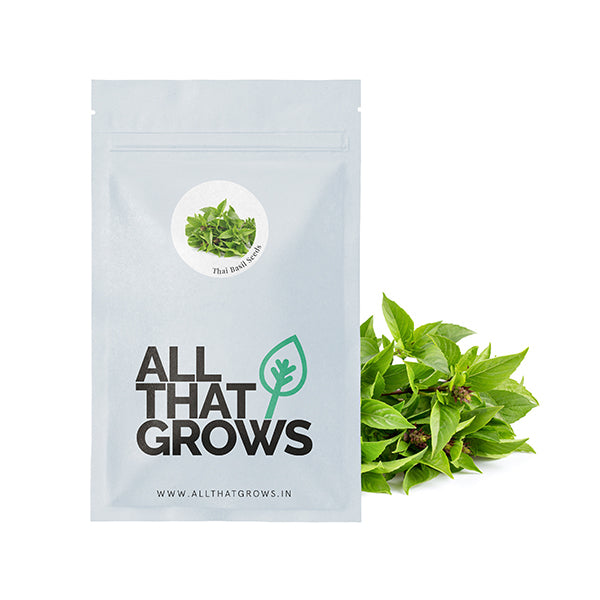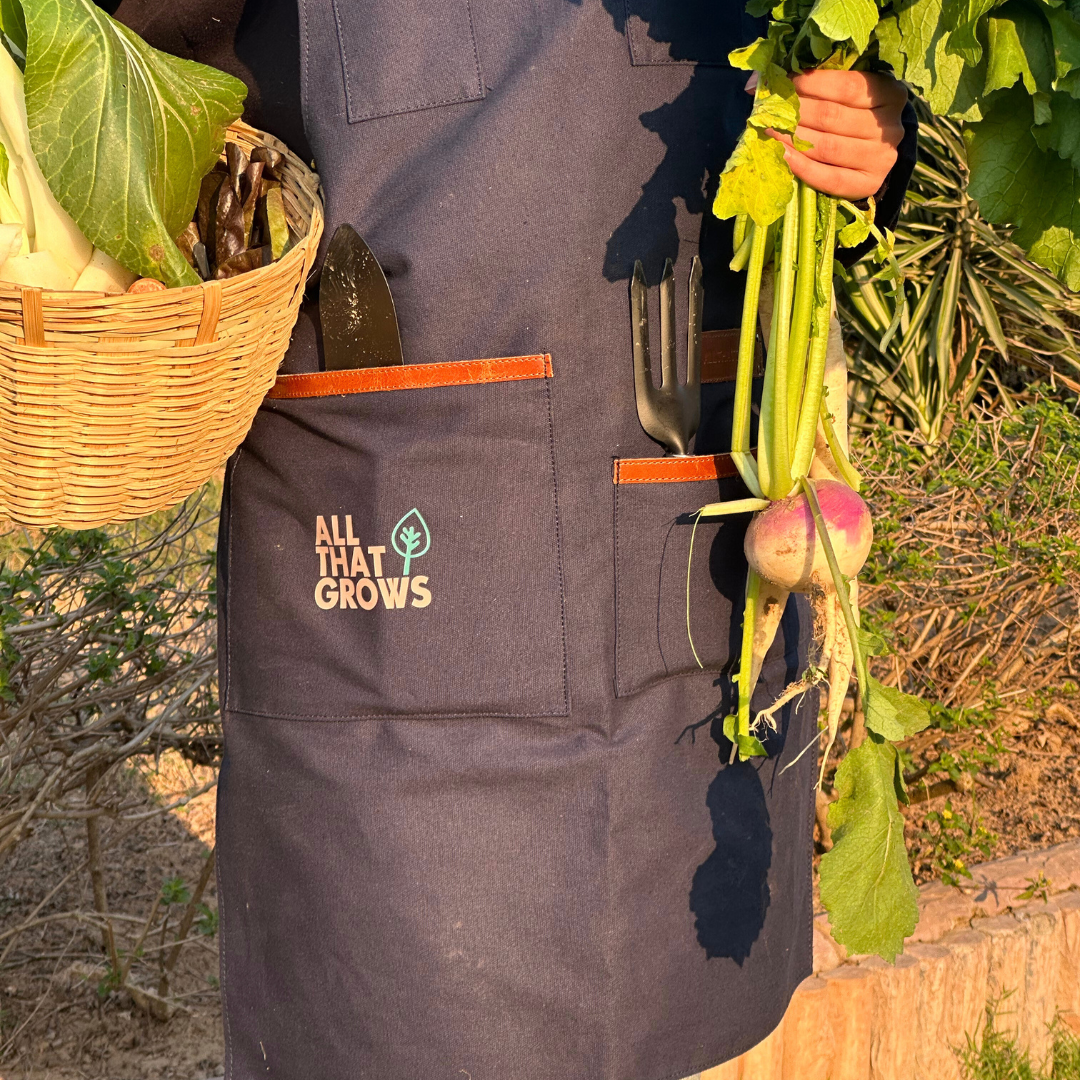- Details
- How to sow
- Reviews
Introducing the adorable yellow freesia bulbs! Full of sunshine and joy, these bulbs add a touch of life to your garden. Adorned with enchanting yellow blooms, the flowers fill the air with a sweet and refreshing scent. A favourite among gardeners, freesia's yellow bulbs are easy to grow and add a pop of colour to borders, beds, and containers. Whether you want to brighten up your outdoor space or create a stunning bouquet of flowers, these cheerful beauties are sure to impress. Experience the natural sunshine and bring happiness to your garden with yellow freesia bulbs.
Planting instructions
Discover the vibrant beauty of Freesia bulbs! Whether planted in containers or garden beds, these versatile flowers bring a burst of colour to any space. For containers, plant the bulbs at a depth of 2-3 inches, allowing a planting distance of 2-3 inches between each bulb.
In garden beds, ensure a planting depth of 4-6 inches, with a recommended spacing of 4-6 inches between bulbs. Embrace the joy of gardening with Freesia bulbs and enjoy their delightful fragrance all season long.
Growing Requirements
Pests
Freesia is perfect for any space, outdoors or indoors. However, like any plant, problems can arise. Common problems include pests such as aphids and slugs, but fortunately, these are easy to control with preventive care. Watch out for these pests with regular check-ups and remove them manually by hand or with strong water pressure. In addition to this, diseases like Bacterial soft rot, Fusarium wilt, and Iris leaf spot can affect your freesia plants if they are left in wet soil for too long. Good drainage and direct sunlight is recommended to avoid these.
soil
Freesias are versatile and can be grown in pots, indoors, outdoors, or in soil. Freesias are not cold-hardy and can only be planted outdoors in spring or early summer. A well-drained soil or potting mix is important, as freesia rots easily in heavy or moist soils. For pots, use a soil-based potting medium mixed with a coarse crushed stone of about 1/4 to 1/3 of its volume.
spot
Freesia grows best in a warm, sheltered environment with plenty of sun. Indoors, place freesia pots in a well-lit area on a windowsill or balcony. However, the conditions should not be too hot. Up to 15°C is best for freesias, as in warmer conditions they grow spindle-shaped and the buds quickly disappear. It can be grown outdoors in pots or in the ground if the soil is well-drained. Raised beds are ideal for growing freesia, as the soil is usually well-drained and its delicate, exotic appearance and aroma are more readily identifiable than when grown near the ground.
temperature
The ideal temperature for growing freesia bulbs is 4-13°C at night and 10-21°C during the day.
watering
Water the freesia regularly as soon as it grows to keep the compost moist. However, be careful not to overwater. Start feeding the freesia when the flower buds begin to form. Feed with a high potash liquid fertilizer every 10-14 days.
how to harvest
Freesia can be forced to flower indoors. Plant the bulbs in a container with well-drained potting soil in October or November. Water the container well and place it on a bright, sunny windowsill. Freesia should be expected to flower 4 months or more after planting.
Freesia pruning should be done early in the morning before the warm weather causes the petals to dry. Soak the cut stems in water and cut them diagonally. Place immediately in a vase of water. Change the water daily or use a flower preservative.

The productiveness of any seed we sell is subject to your local climatic conditions*, the sowing method you adopt, and your commitment to the planting process. We give no warranty, expressed or implied, and are in no way responsible for the produce.
Please note that all our seasonal recommendations/ sowing information is as per the local climatic conditions. *For more information on the optimum conditions required for growing seeds in your region, please contact us at, hello@allthatgrows.in or Whatsapp us at, +91 8544865077
Questions & Answers
Have a Question?
Be the first to ask a question about this.


















